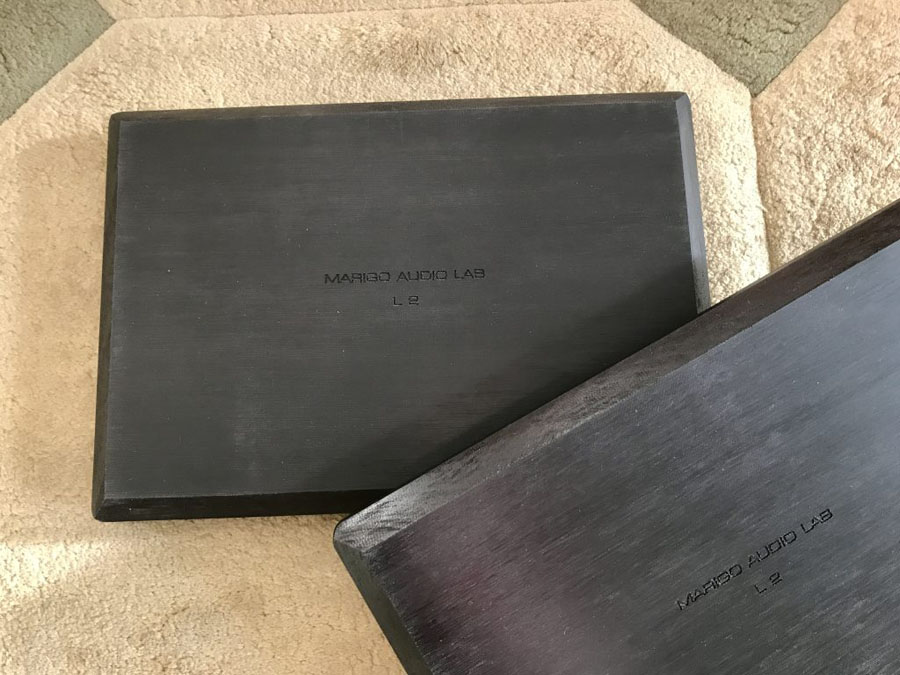Let's start with some thread curation:
What do we mean by "Resolution"? is a 13 page thread on the topic. The OP probably could have used that thread inasmuch as he posted the pentultimate comment there (quoted above) identical to his opening post here, posing the same question in two places.
Peter rightly points to one of two pertinent questions. The other is "What do you mean by musicality?"
I stay away from the adjective 'musicality'. It is certainly a common term among audiophiles - we see it a lot - it means many different things to many different users, so much so that it is basically useless as a description. It is a fall-back term, seen when its user lacks the vocabulary or the will to spell out more precisely what he intends by it. Don't tell me it is musical, tell me why.
In the above cited article about a Jadis digital processor, 'resolution' to the author means 'detail'. He does not define or use the term 'musicality' but does mention 'musical aptitude' which I assume is the ability to sound musical - whatever that means.
If you want Gordon Holt's take from his 'The Audio Glossary':
He has no definition of 'resolution'. When asked about 'resolution', he says see 'definition'.
Definition: "That quality of sound reproduction which enables the listener to distinguish between and to follow, the melodic lines of the individual voices or instruments comprising a large performing group."
Musicality: "A purely personal judgement as to the degree to which reproduced sound resembles live unamplified music. Musical sound is both accurate and euphonic."
I don't know about that second sentence. The first sentence suggests that to a listener, subjectively, musical sound is natural sound. Do you agree with that or do you think "musical" is simpler, meaning pleasant, enjoyable, I like it?
The notion that there is some trade-off, much less mutual exclusivity, between musicality and resolution is a false dichotomy that makes no sense.







